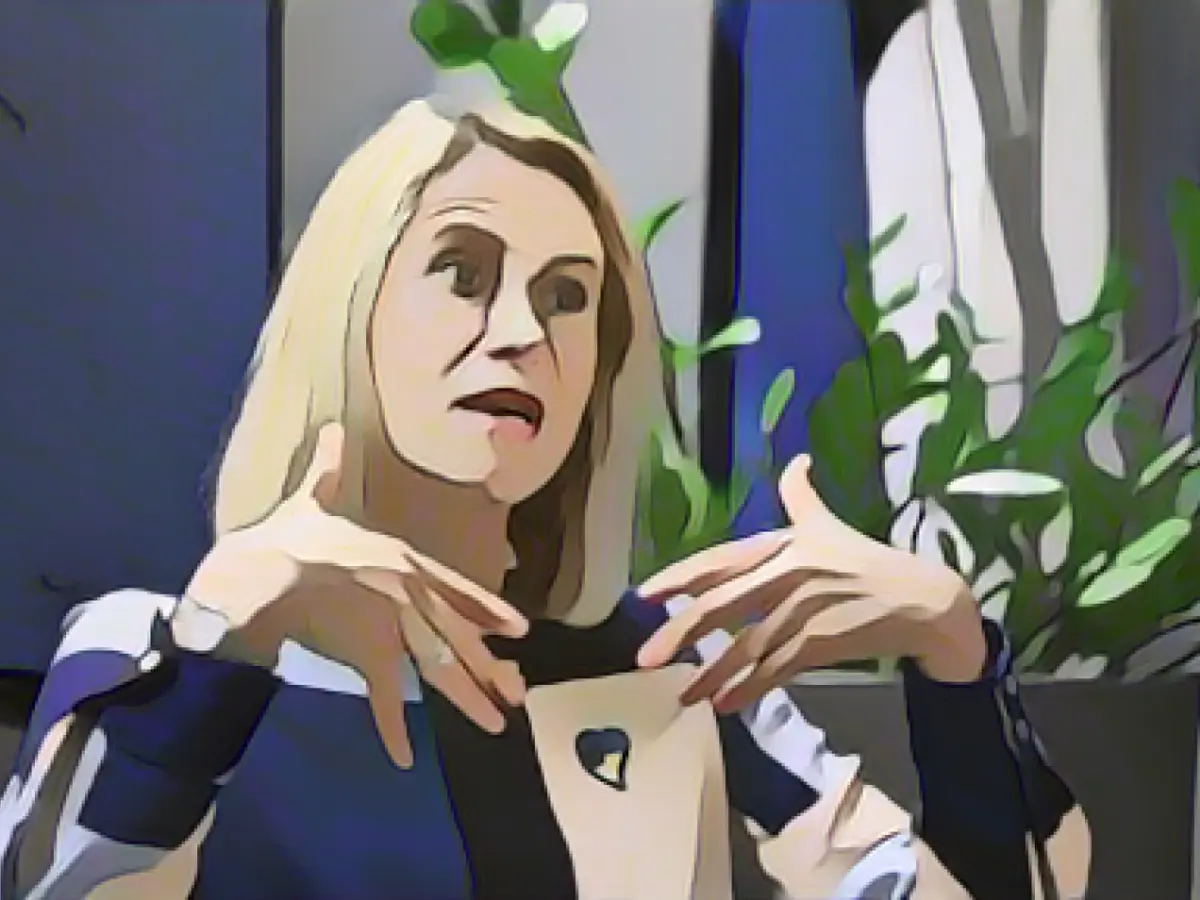Estonia's head of government warns of "fear" of Russia ahead of EU summit
At the annual pre-Christmas summit of European Union heads of state and government, the main topic is further financial aid for Ukraine, which is under attack from Russia. Economic aid amounting to 50 billion euros over the next four years is being discussed. The summit will also discuss the start of accession negotiations with Ukraine and neighboring Moldova.
However, Hungarian Prime Minister Viktor Orban is threatening to veto the resolutions. He is calling for a "strategic dialog" on Europe's support for Kiev.
Estonian Prime Minister Kallas therefore told AFP that she expected a "very difficult summit". "We have a lot of issues that are still open and we need to reach an agreement. We have to reach an agreement on the 50 billion for Ukraine."
This would also be an important "message" to the USA, where the opposition Republicans are currently blocking additional military aid for Ukraine demanded by President Joe Biden. Should the EU decide on new aid for Ukraine, the USA would "hopefully" follow suit, said Kallas.
Read also:
- This will change in December
- German activists speak out in Dubai on suffering in Israel and the Gaza Strip
- Despite UN vote: fighting between Israel and Hamas in the Gaza Strip continues
- Nuclear fusion - hype or solution to energy problems?
Before the EU summit in Brussels, Estonia's Head of Government Kaja Kalla expressed concern over the "fear" of Russia's actions towards Ukraine. Despite the discussion of providing 50 billion euros in financial aid to Ukraine over the next four years at the summit, Hungarian Prime Minister Viktor Orban threatens to veto the resolutions, aiming for a "strategic dialog" on Europe's support for Kiev. Kallas anticipates a "very difficult summit" due to unresolved issues, especially the agreement on financial aid for Ukraine. She also stated that a positive decision from the EU on Ukraine's aid would send a significant "message" to the USA, currently facing opposition from Republicans in approving additional military aid for Ukraine.
Source: www.stern.de







